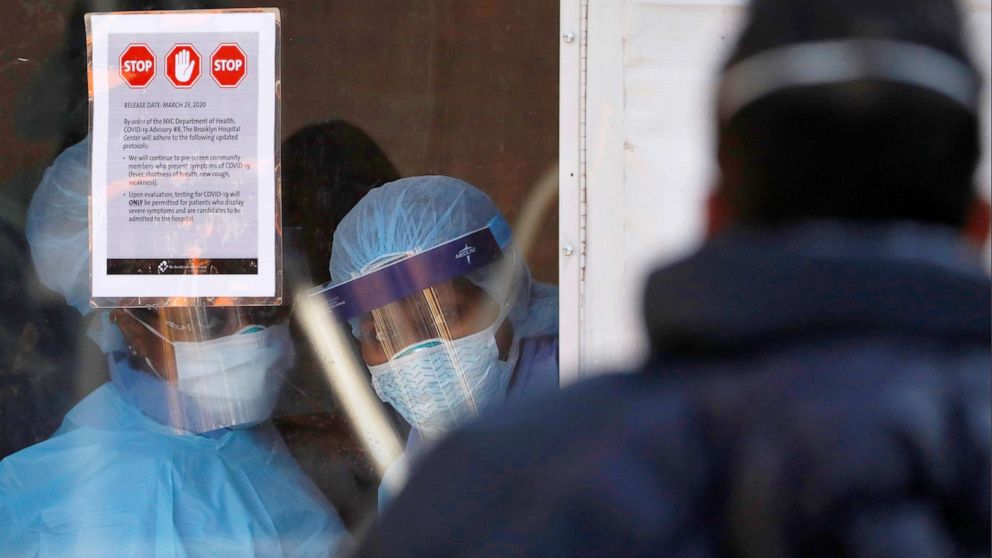At-home coronavirus test kits are still not in the hands of consumers. Here's why
As government and health care officials plead for expanded access to high-speed COVID-19 tests, health care companies across the country began mobilizing their resources to meet the growing demands with direct-to-consumer kits.

The benefits of such kits could be substantial, allowing everyday people to test themselves for COVID-19 in the privacy of their homes instead of visiting a hospital, potentially exposing health care workers and other healthy individuals. If the test came back negative, it could allow them to go back to work without fear of infecting others.
But the path to commercialization has been a bumpy one. On March 16, the Food and Drug Administration issued new, loosened guidelines meant to help accelerate the availability of different types of COVID-19 diagnostic tests. Under the new policy, laboratories approved by the Centers for Medicare and Medicaid Services under the Clinical Laboratory Improvement Amendments (CLIA) were allowed to manufacture and distribute a validated COVID-19 test for 15 days before submitting official Emergency Use Authorization from the FDA.
Tune into ABC at 1 p.m. ET and ABC News Live at 4 p.m. ET every weekday for special coverage of the novel coronavirus with the full ABC News team, including the latest news, context and analysis.
Gail Javitt, director of the Hyman Phelps and McNamara Center, told ABC News that the FDA's relaxed rules were not intended to last forever.
"Emergency use authorization is not approval," she said. "Once an emergency is over, distribution has to cease."
MORE: Army helps make temporary hospital at New York's Javits Center one of the largest in the country
Nevertheless, the relaxed regulatory process effectively gave companies and independent laboratories the green light to start scaling up small COVID-19 testing kits to be shipped to individual homes.

Several companies, such as Everlywell and Nurx, had already started distributing their at-home kits when the FDA issued a surprise notice on March 20.
In that note, the FDA said it had "not authorized any test that is available to purchase for testing yourself at home" and urged people to avoid at-home COVID-19 tests. In part, the FDA took action because the agency was trying to protect consumers from "fraudulent" test kits - scammers selling fake kits.
The following day, the FDA further clarified that the at-home COVID-19 testing, "including self-collection of samples to be sent to a clinical laboratory," were not included in the updated EUA policy exemptions issued on March 16.